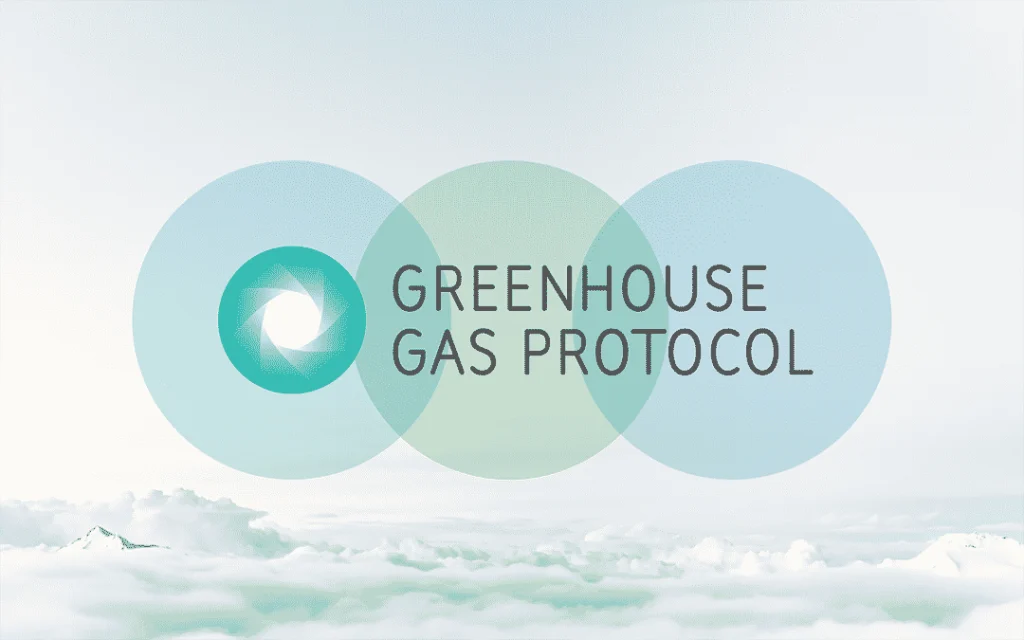The Greenhouse Gas Protocol (GHG Protocol) has launched a 60-day public consultation on major revisions to its 2015 Scope 2 Guidance, with new rules covering hourly matching, emission factor hierarchies and contract deliverability.
Proposed changes aim to align corporate disclosures with evolving mandatory reporting regimes (eg. IFRS S2, European Sustainability Reporting Standards) and strengthen the integrity of market-based and location-based accounting.
For the first time, the consultation incorporates questions on system-wide “avoided emissions” from electricity-sector actions, linking inventory accounting and impact-based approaches.
A Wake-Up Call for Corporate Emissions Reporting
In Washington, D.C., earlier this month the GHG Protocol officially flagged significant changes to how companies must measure emissions from purchased electricity (Scope 2). The move comes amid mounting pressure on organizations worldwide to deliver credible, comparable emissions data under both voluntary and mandatory frameworks.
What’s Changing in Scope 2 Accounting
At the core of the revision is the dual framework companies currently use to report Scope 2 emissions: location-based (reflecting grid averages where consumption occurs) and market-based (reflecting contractual instruments such as renewable energy certificates / EACs). The 2015 guidance will be superseded by a new standard that tightens both methods.
Key proposed changes include:
A new emission-factor hierarchy under the location-based method, directing companies toward the most precise available data when publicly accessible.
For market-based claims, an hourly and geographic matching requirement for energy attribute instruments where companies assert “clean electricity” consumption — although feasibility options (such as load-profile exemptions or legacy contract clauses) are being proposed.
Clearer criteria for contract deliverability, greater transparency on energy-instrument disclosures, and explicit discussion of system-wide impacts (so-called “consequential accounting”).
Governance & Regulatory Context
This consultation fits into a broader GHG Protocol refresh of its corporate standards suite, initiated after substantial stakeholder engagement between November 2022 and March 2023. The establishment of a new Independent Standards Board and Technical Working Groups underscores the heightened rigour applied to the process.
Meanwhile, mandatory disclosure regimes are converging on Protocol-based methods: IFRS S2 and the ESRS explicitly reference the GHG Protocol framework. For C-suite and sustainability leads, the implication is clear: Scope 2 accounting will become a higher-stakes governance issue—not just a voluntary sustainability exercise.
Market Response and Stakeholder Tensions
Not every stakeholder is comfortable with the stronger rules. The Clean Energy Buyers Association (CEBA) has cautioned that a mandatory hour-by-hour, location-based accounting regime could undermine the voluntary corporate renewable procurement market, since many buyers may struggle to secure time-matched clean supply under current market realities.
One trade-association executive noted:
“Mandatory time- and location-matching risks reducing overall clean procurement in some markets.”
GHG Protocol appears to be balancing accuracy enhancements with feasibility: the current draft offers exemptions for smaller organizations and transitional clauses for legacy contracts.
RELATED ARTICLE: GHG Protocol and IFRS Foundation Partner to Enhance GHG Emissions Reporting Standards
What Corporate Leaders Should Do Right Now
For corporate sustainability executives, emissions leads and investors, the implications are twofold:
1. Prepare for deeper data requirements.
Companies should assess whether their systems can maintain hourly electricity-consumption data aligned with energy-attribute retirement, geography and deliverability rules. If they cannot, they risk reporting exposures—or devalued claims.
2. Engage in the consultation and strategy pivot.
The consultation runs for 60 days; submitting feedback is the only way to influence definitions, thresholds, transition rules and instrument eligibility. Firms should also review current renewable-energy contracts for their eligibility under these pending rules, and consider early action to refresh sourcing strategies.
3. Re-examine renewable energy procurement strategy.
With clearer deliverability criteria and system-impact recognition, procurement strategies will increasingly need to target marginal grid decarbonization—not simply match annual volumes of clean generation. Investors may view this shift as raising minimum thresholds for credible corporate climate claims.
Why This Matters Globally
The resulting revised Scope 2 standard is likely to become the global reference point for corporate electricity-related emissions accounting, acting as a backbone for regulatory regimes and investor reporting alike. For markets in Africa, Asia and Latin America, where grid data quality may lag and renewables procurement markets are less mature, companies now must plan for accelerated alignment. Ultimately, credible, comparable Scope 2 data strengthens both investor trust and corporate governance of climate risk and low-carbon strategy across 180 + countries.
This consultation offers a rare input window. Firms that engage early stand to shape the rule-book for electricity emissions accounting into the next decade. The clock is ticking.
Follow ESG News on LinkedIn

